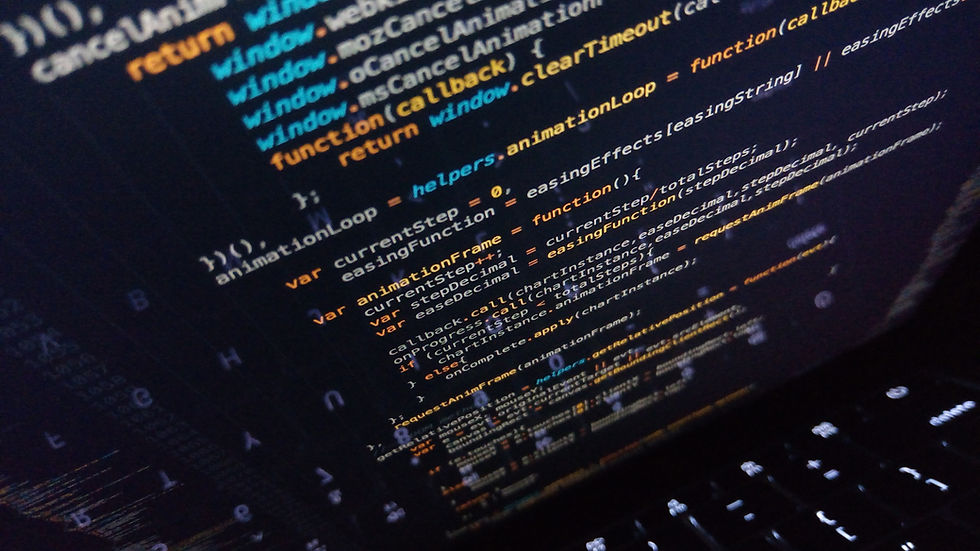Java vs. Python: What's the Difference?
- Vedant

- Feb 5, 2023
- 2 min read

Introduction:
Java and Python are two of the most popular programming languages in the world. Both have been around for over two decades and have a large community of developers. While they have some similarities, some key differences between the two languages make them well-suited for different types of projects.
Syntax: One of the most notable differences between Java and Python is their syntax. Java has a syntax that is similar to C++, which is known for being lengthy and complex. On the other hand, Python has a much simpler and more readable syntax, which is why many developers prefer it for writing scripts and other small projects.
Comparisons:
Object-Oriented Programming: Java and Python are object-oriented programming (OOP) languages, but they handle OOP differently. Java is a pure OOP language, meaning everything in Java is an object. On the other hand, Python is a multi-paradigm language that supports multiple programming paradigms, including OOP.
Performance: Regarding performance, Java has the edge over Python. Java is a compiled language, meaning its code is compiled into machine code before it is executed. This makes Java programs faster and more efficient than Python programs, which are interpreted. However, this does not mean that Python is slow, as it is still fast enough for many applications.
Use Cases: Java is commonly used for building large, complex applications, such as enterprise applications, Android mobile apps, and desktop applications. It is also used for scientific computing, web development, and data analysis. On the other hand, Python is often used for scripting, web development, scientific computing, data analysis, and machine learning.
Libraries and Frameworks: Java and Python have many libraries and frameworks available, making it easy to get started with either language. Java has several well-established libraries and frameworks, such as Spring, Hibernate, and JavaServer Faces, used for web development, data analysis, and more. Python has many libraries and frameworks, such as Django, Flask, and TensorFlow, used for web development, data analysis, and machine learning.
Community: Both Java and Python have large and active communities of developers, which means there is always someone available to help with any questions or issues. Both languages also have many online resources, tutorials, and forums available, making it easy to get started with either language.
Conclusion:
In conclusion, both Java and Python are excellent programming languages, and the choice between the two will largely depend on the project's specific needs. Ultimately, the choice between the two will come down to personal preference, as both languages have their strengths and weaknesses. Java is well-suited for building large, complex applications, while Python is better for scripting, web development, and data analysis.




Comments